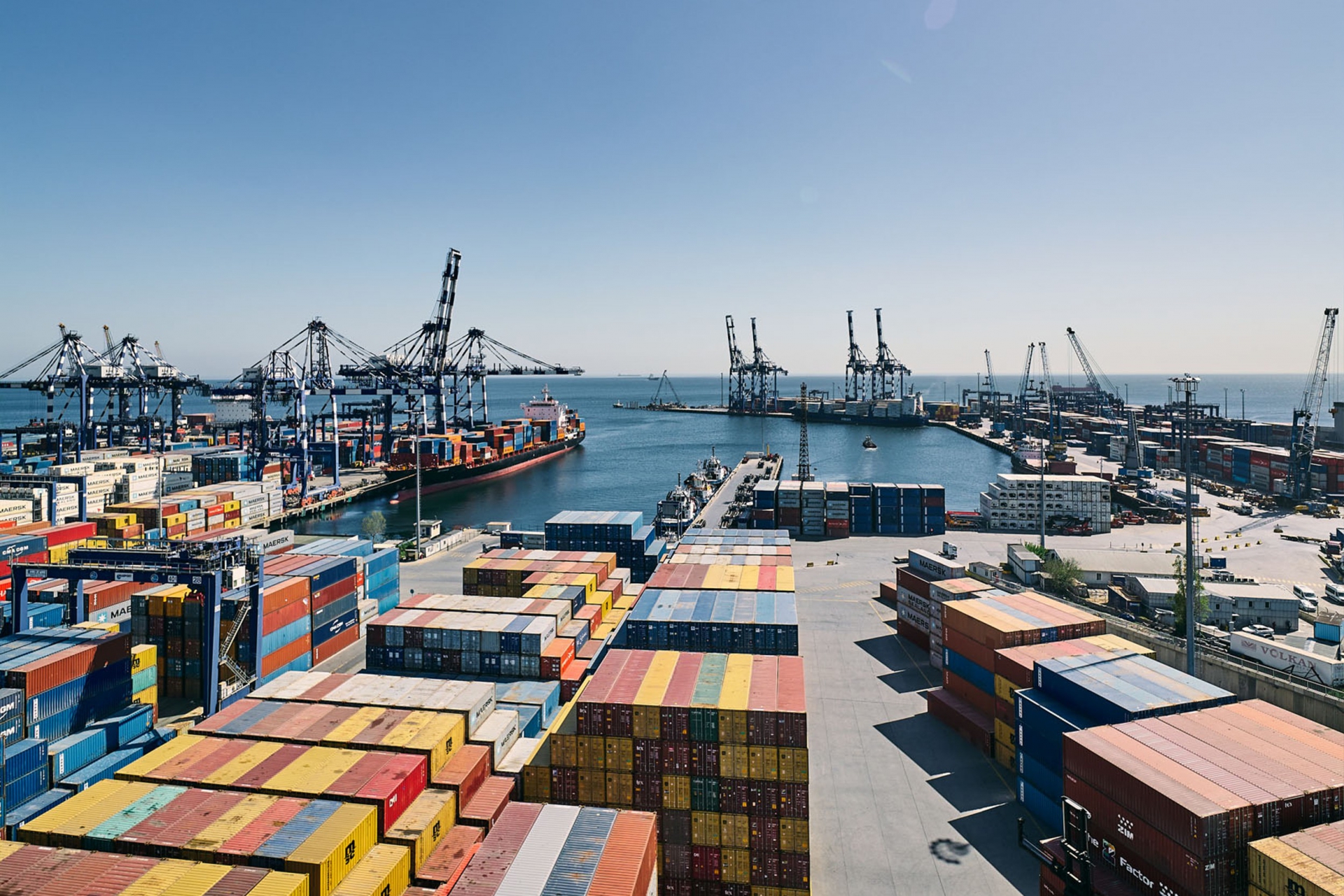


The History of ISPS Code:
The 22nd meeting of the International Maritime Organization, which our country is a member to, was held in November 2001. At the General Assembly Meeting, it was unanimously agreed to develop new measures regarding the security of ships and port facilities, to be adopted at the Diplomatic Conference on Maritime Security which was planned to be held in December 2002.
The preparation of this conference has been entrusted to the Organization's Maritime Safety Committee.
Meetings were held by the Maritime Security Committee to determine new rules to prevent terrorist acts that may occur at or through the sea, and as a result of these meetings, the International Ship and Port Facility Security Code (ISPS Code), which includes new measures for the safety of ships and port facilities, was established.
Adoption of the ISPS Code:
It was decided to add the ISPS Code to the 1974 International Convention for the Safety of Life at Sea, to which our country is also a party, in order to implement the new measures created by the Maritime Safety Committee as soon as possible.
Thereby,
The ISPS Code introduced the concept of security to the maritime sector, and new regulations for maritime security began to be implemented, including port facilities with ships.
Goals of the ISPS Code:
- To establish an international structure covering the cooperation between the states that are party to the International Convention for the Safety of Life at Sea, government agencies, local authorities, maritime and port industries in order to detect security threats affecting ships and port facilities used in international trade and to take preventive measures against threats,
- To provide a methodology for security assessments, in order to prepare plans and processes to act in accordance with changing security levels,
- To ensure the early and effective collection and exchange of security-related information,
- To determine the duties and responsibilities at national and international level to ensure safety at sea,
- To provide assurance that appropriate and adequate maritime security measures are in place.
ISPS Security Levels:
- Security Level 1 means the level at which appropriate minimum protective security measures will always be maintained.
- Security Level 2 means the level at which appropriate additional protective security measures will be maintained for a specified period of time due to an increased risk of a security incident.
- Security Level 3 means the level at which, for a limited period of time, certain further, specific protective security measures will be maintained if a security event is likely or imminent, even if it is not possible to detect the precise target.
ISPS Practices in Marport:
Since each vessel that is routed to berth at Marport's docks is required to be subject to the ISPS Code, the Port Authority does not grant the port entrance permit to the ships that are not subject to the ISPS Code.
It is obligatory to have an International Ship Security Certificate on every ship that is allowed to enter the port.
All ships that will dock at our berths must have a Security Level of 1, but if a ship with a higher security level arrives at our port due to essential reasons, a Security Declaration must be issued between the ship and the port facility immediately.
Only a ship's personnel can exit a ship in the port. Persons who are not a ship's personnel must have a Permanent Entry Card from the Istanbul Port of Civil Administration Ambarlı Port and an Annual Entry-Exit Permit for International Ships, or have the written permission of the Ambarlı Port Administrative Officer.
